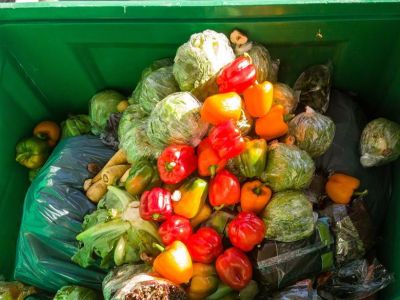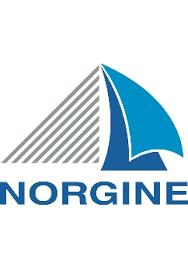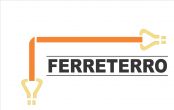ProPak Asia highlight: Asia's Quest for Food Safety | 24-07-2024 |

AIPIA has been very active in Asia during June and July, running seminars at both ProPak Asia and CPHI SEA. Both Informa Markets shows were staged in Bangkok. At ProPak Asia, which has now become THE major regional showcase for packing technologies across South East Asia, we partnered with many leading technology companies as well as market specialists. As part of our review we will be carrying extracts from presentation made during the events.
Here Mayur Mhapankar of consultants Aranca, based in India, delves into the legal frameworks on food safety that companies must understand and comply with when doing business in the region.Food Safety is a paramount concern across Asia. Over 232 million tons of food is wasted annually and 536 million people facing food insecurity. The region is actively shaping robust regulatory frameworks and collaborative solutions to safeguard public health and promote sustainable agriculture. He shows how Smart Packaging technologies are playing a major role.
Regulations span the entire food value chain, encompassing everything from soil health, through transportation and storage standards, more transparent labelling, and responsible waste management. Approaches vary, with countries like India combating adulteration and promoting hygiene through laws such as the Food Safety and Standards Act and the National Food Security Act. Japan maintains a comprehensive system including the Food Sanitation Act [], Food Safety Basic Act and Food Labelling Act. Thailand emphasizes sustainability and organic farming through its Food Act and Agricultural Standards Act. China focuses on safety via its Food Safety Law. Recognizing regional interconnectedness, ASEAN nations collaborate under the ASEAN Food Safety Regulatory Framework to ensure consistent standards across borders.
Food Safety and Security Challenges
- Adulteration and Contamination Issues: Contaminated spices in India (2024) show risks of poor-quality control and agricultural practices.
- Deceptive Practices and Food Fraud: Thailand's meat mislabelling scandal (2023) highlights the need for stronger regulations and consumer trust.
- Unsustainable Agricultural Practices and Public Health Risks: China's antibiotic-resistant bacteria case (2020) raises concerns about public health risks.
- Absence of Stricter Regulations: Formaldehyde in noodles (Indonesia, 2017) and price-fixing (Singapore, 2014) expose gaps in food safety standards.
- Environmental Impact on Food Security: Events like Typhoon Rai (Philippines, 2021) worsen food security and increase health risks due to compromised safety protocols.
Asia needs a unified food system. This means training farmers in sustainable practices, upgrading infrastructure for processors, and creating clear regulations across borders. Modern cold chains and transparent labelling will ensure fresh, safe food reaches consumers. By leveraging technology for enforcement, Asia can build a robust and sustainable food future.
In recent years Asia is seeing a surge in collaborative efforts shaping the future of food. Initiatives such as the PSQR & ITrace partnership and FNCA Project combat food fraud with technology. Satellite mapping ensures deforestation-free soy, and SAFANSI tackles food security in South Asia. Real-time digital traceability is championed by the BAP & Thai Union/Devi Seafoods collaboration. There are several other initiatives across borders.
In the ever-evolving landscape of food production and distribution, a wave of technological innovation is reshaping safety, security, and sustainability of our food supply.
- Blockchain traceability: Track food journeys from farm to table for improved transparency and faster recalls.
- AI and big data analytics: Identify trends, predict outbreaks, and take pre-emptive measures to ensure food safety.
- NFC with blockchain: Provide consumers with instant access to food information using their smartphones. An example is Cryptoseal
- Crowd Farming: Enables direct consumer engagement in farming activities, fosters transparency.
- Emerging technologies: Metaverse simulations for training and digital twins for real-time
Asia's journey towards ensuring food safety and security is marked by diverse regulatory landscapes, technological innovations, and collaborative partnerships. As the region continues to evolve, these efforts will play a crucial role in mitigating risks and fostering a resilient food system for generations to come says Mayur. For a more detailed look at this topic please contact Aranca www.aranca.com
AIPIA and AWA Smart Packaging World Congress Amsterdam




























